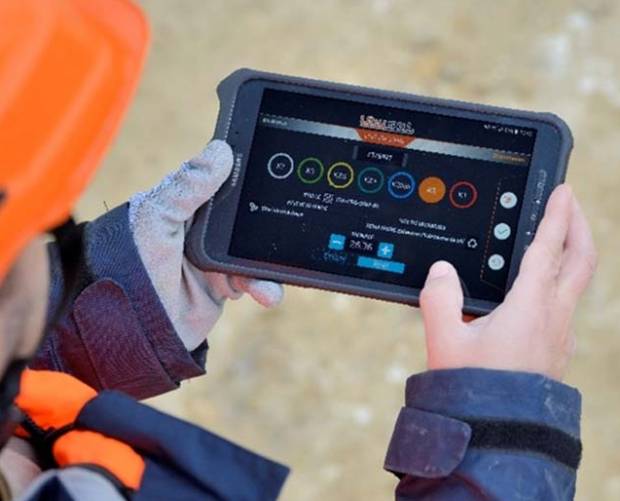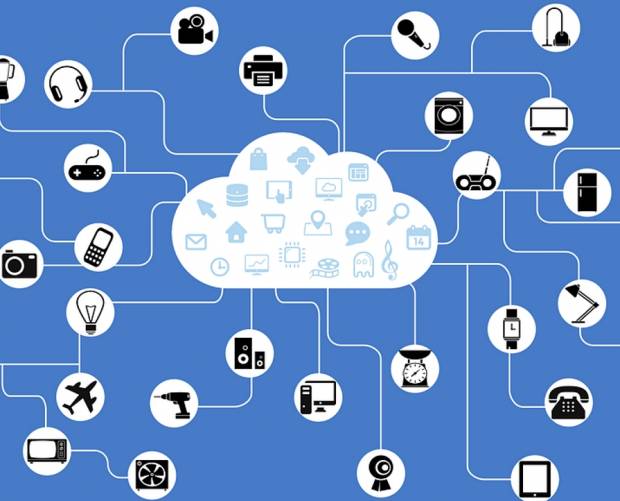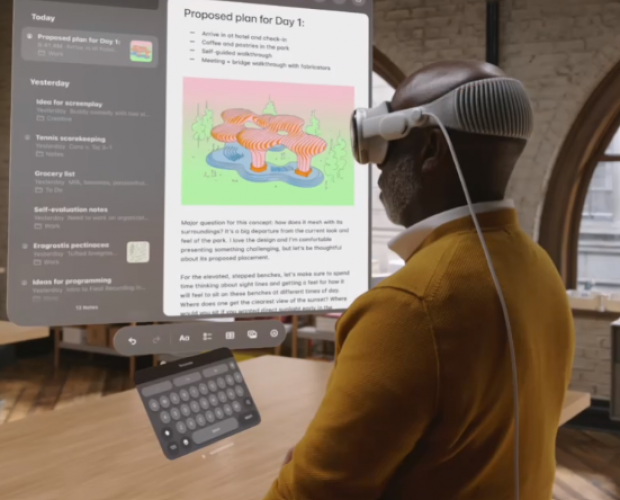Mobile Broadband Overtakes Home Internet Use Globally
- Tuesday, December 1st, 2015
- Share this article:
 Mobile broadband has officially overtaken home internet as the most common way to get online globally, according to new figures from the International Telecommunication Union, which published its annual global survey regarding the progress of the internet across both developed and emerging markets.
Mobile broadband has officially overtaken home internet as the most common way to get online globally, according to new figures from the International Telecommunication Union, which published its annual global survey regarding the progress of the internet across both developed and emerging markets.
46 per cent of households worldwide have access to the Internet, with a total of 3.2bn people online across the globe. Mobile subscriptions now stand at 7.1bn, with over 95 per cent of the worlds population within reach of a mobile network signal.
Just as mobile subscriptions have now overtaken fixed phone subscriptions, mobile broadband subscriptions have not only surpassed fixed-broadband subscriptions (47.2 per cent compared to 10.8 per cent) but now outstrip households with internet access, making mobile broadband the dominant way of getting online.
South Korea held on to first place as the most connected place in the world when it comes to internet connectivity and data service adoption, with the UK rising to fourth place and the US at 15th. The top 10 was made up largely of Western European nations like Denmark, Sweden and the Netherlands, with Hong Kong taking number nine.
Looking at the position of large, impactful markets like China (at number 82) and India (at number 131) on the rankings highlights how much more work there is to do to get these countries completely connected, and how many more digital consumers they will bring online once they are.
“The progress in a number of developing countries which have displayed significant improvements in their ICT development index values and rankings since 2010 is particularly encouraging,” said Brahima Sanou, director of the Telecommunication Development Bureau. “Their experience confirms the importance of developing enabling environments for ICT investment and innovation, and the policy approaches of these dynamic countries could be relevant to other developing economies.”
There are still around 350m people globally who have no access to the internet, either by mobile or fixed broadband subscription. Malawi, Madagascar, Ethiopia, Eritrea and Chad rank as the least connected counties, and not coincidentally are some of the poorest countries in the world.
These nations are among those tech companies like Google and Facebook are aiming to reach with their free internet projects, but lack of hardware availability is also an issue in many of these nations, and one that is harder to remedy.
















